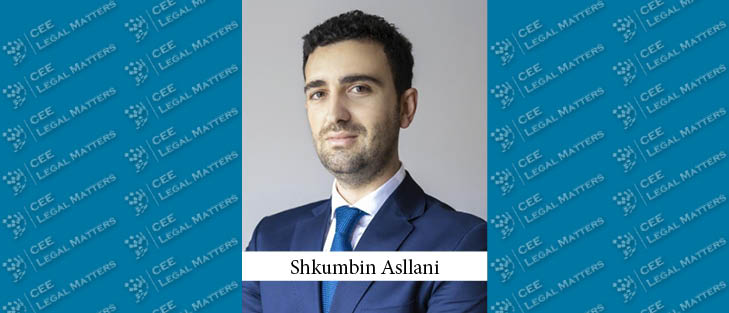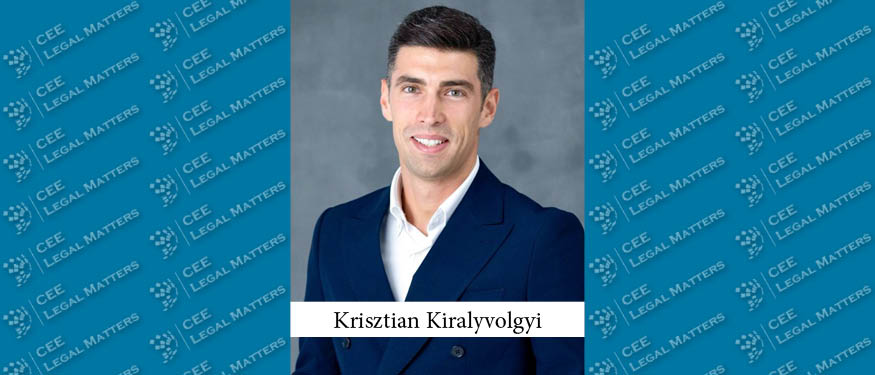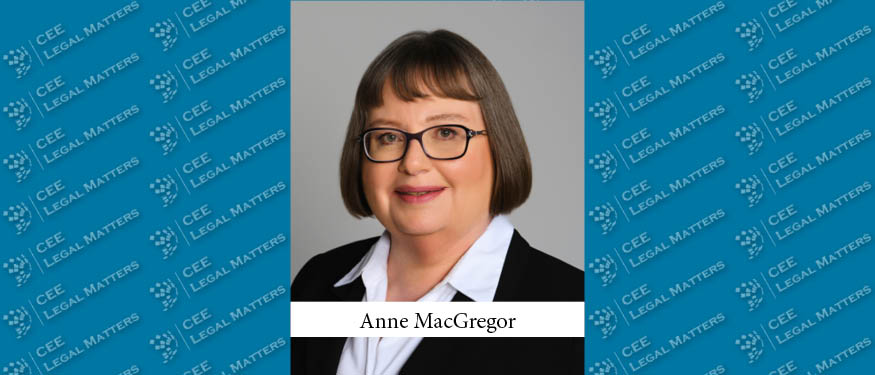Inlex Managing Partner Shkumbin Asllani reports on the country's ambitious goals for economic growth outlining Kosovo's recent legislative efforts to promote renewable energy, attract investments, and develop capital markets while remaining cautiously optimistic, noting that implementation could face challenges.
“Recently, the Kosovo government has introduced a new law aimed at promoting the use of renewable energy sources," Asllani begins. The law sets the foundation of a Renewable Energy Support Fund, designed to “cover the costs of a support scheme. This competitive scheme will be implemented for privileged producers who use renewable energy sources through feed-in premiums and feed-in tariffs. Moreover, the government has set ambitious new national targets – to increase renewable energy production to 35% by 2031,” Asllani outlines.
To facilitate this energy transition and achieve such a goal, Asllani reports that "the government plans to conduct four auctions for competitive schemes by 2025 with support from the USAID and the IFC. The first auction has already been completed, won by a consortium led by a member of the Kosovo diaspora. The initial project is currently in the initial development phase. Clearly with the new law passed in May 2024, things are moving quickly,” he says.
While the law is a positive step, Asllani says he remains somewhat pessimistic about its implementation. "Historically, the issue hasn't been the legislation itself but the execution – problems with agencies, grid connections, and bureaucratic hurdles have been persistent obstacles. In addition, the government is facing a shortage of public officials – about 3,000 vacancies – which hampers the government's ability to implement structural reforms effectively," he explains. High inflation and low wages make it challenging to attract talent to public service, and these factors could impede the successful rollout of renewable energy initiatives.
Moreover, Asllani reports that there have been changes made to the personal income tax law. "In September 2024, amendments to the Law on Personal Income Tax were adopted. The new law changes key aspects of the tax system by introducing brackets with lower rates." As he explains, for annual incomes up to EUR 960, the tax rate is 0%. Incomes between EUR 960 and EUR 3,000 are taxed at 4%, and those between EUR 3,000 and EUR 5,000 at 8%. Incomes above EUR 5,000 are taxed at a maximum rate of 10%. "This policy aligns with the adoption of a new minimum wage law, set at EUR 350, aiming to benefit the most vulnerable in our society."
Additionally, a new Law on Sustainable Investment was adopted. "This law replaces the previous Law on Foreign Investments and clarifies who is considered an investor, inter alia affirming that a foreign investor is a person who does not have citizenship of Kosovo.” Asslani adds that the new law is “tackling a practice we've had with arbitration proceedings initiated by Kosovars with dual citizenship. It introduces stricter criteria for personal jurisdiction and it overhauls the legal remedies available to foreign investors, mandating the government to consent on a case-by-case basis to arbitration procedures. The law also provides multiple avenues for resolving claims through domestic court proceedings, mediation, or arbitration – which aligns Kosovo's approach with other Balkan countries, aiming to increase protection and make arbitration more effective."
Finally, Asllani also reports that the "Ministry of Finance shared a draft concept for developing the legal framework for capital markets.” This document analyzes the current financial framework, identifies existing gaps, and offers key recommendations, including “adopting a Capital Markets Law to establish clear rules for regulation and investor protection, and an Investment Funds Law to allow investment funds to register and operate in the country,” Asslani concludes.















